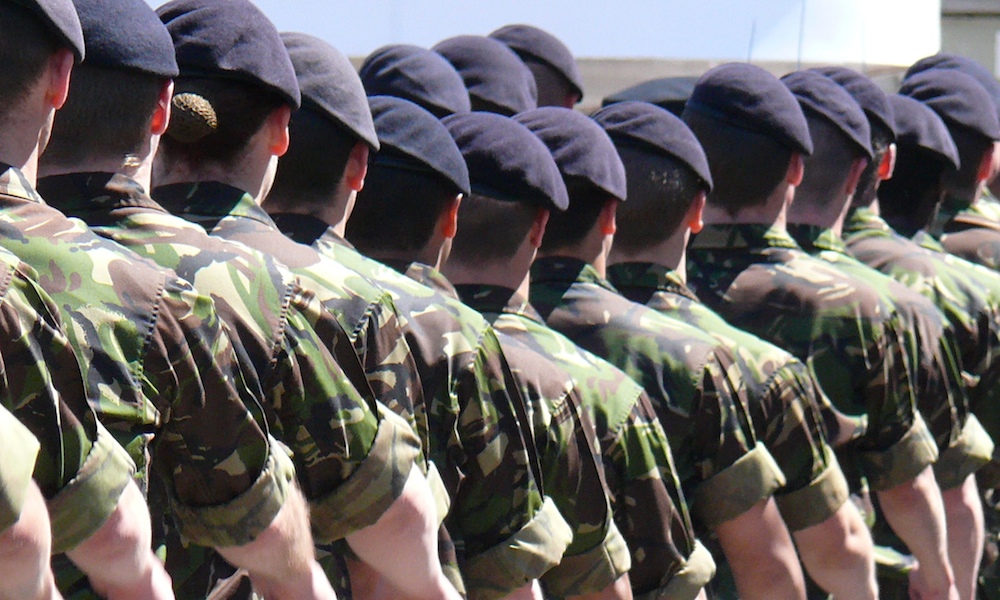Allowed substances in the armed forces
Over the last year an increasing number of soldiers have tested positive for banned substances during compulsory drug testing (CDT). Many have claimed, however, that the only substances they have ever taken are sports supplements, which are taken to improve their fitness and strength – two vital characteristics in a soldier.
Many soldiers have raised concerns of their own, as there has been little guidance on this topic. The assumption has been that if a substance is legal it will not result in a positive drug test, but this is certainly not the case.
In addition to the presence of testosterone in some supplements, the biggest problem is often the presence of masking agents in supplements. If a masking agent is detected during a drug test it is assumed that the individual has been using the substance that the agent is masking.
In October 2013, the Ministry of Defence made an educational video to help recruits understand the substances that are allowed in the military and those which will lead to a positive test result. Senior physical training instructor WO2 Dusty Miller gave a brief but informative explanation of the rules.
In the video, WO2 Dusty Miller states that supplements are just a short cut and are not really necessary. Many of them are not even proven to help, so people could be wasting their money. Contamination is also a problem. He advised all soldiers to check the Informed Sport website and buy from a regulated supplier. Many supplements sold online are not made in the UK and, therefore, do not follow UK rules. Some manufacturers deliberately add chemicals to make the customer feel better about themselves, but they do not actually lead to an improvement.
Banned substances
Substances that are often found in sports supplements and sports drinks, but are banned by both the IOC and the army include Ephedrine, Strychnine, Pseudoephedrine, Androstenediol, Dehydroepiandrosterone (DHEA), Androstenedione, 19-norandrostenedione or norandrostenediol and related compounds.
Some herbal substances, such as Ma Huang, may not list the chemicals they contain, even though they contain ephedrine.
In general, supplements in their pure form are not banned, so creatine, protein and chromium piconolate are allowed. There is often no guarantee, however, that a manufacturer has not added a banned substance and failed to provide the details on the label.
Dusty Miller also warned that steroids cause long-term damage to the renal system and nobody really knows what is contained in a supplement they are taking, including steroids. Those who manufacturer supplements illegally will not be regulated and banned substances could be injected unknowingly.
The army has recognised that there is a large problem caused by the “uneducated supplement and prescription medicine misuse which includes the use of steroids and benzodiazepines.”
Informed-Sport
The MOD recommends that staff who wish to take sports supplements should first check the Informed-Sport website. Informed-Sport is a quality assurance programme for sports nutrition products. They work with supplement manufacturers and test and certify that products are free from banned substances. The public are able to search for specific products to discover whether they are free from all banned substances.
The Armed Forces official policy on supplements
The Armed Forces official policy on supplements is simply that they are not needed – soldiers just need to eat plenty of nutritious food. If, however, someone chooses to take a supplement, they should first verify on the Informed Sport website that is safe. All forms of anabolic steroids are illegal, and should never be taken.

